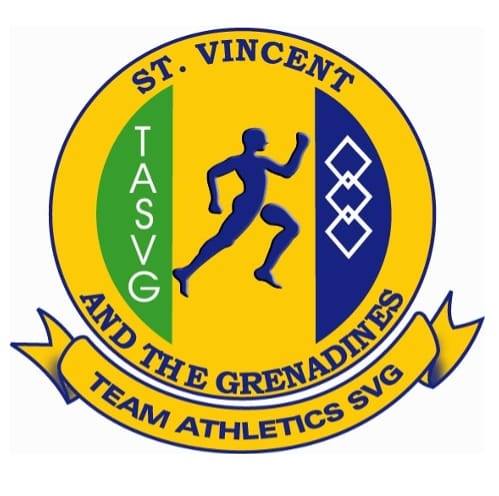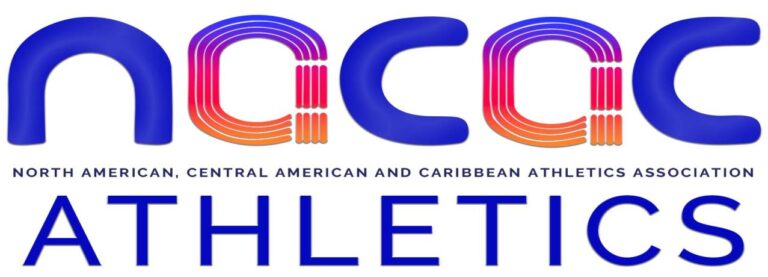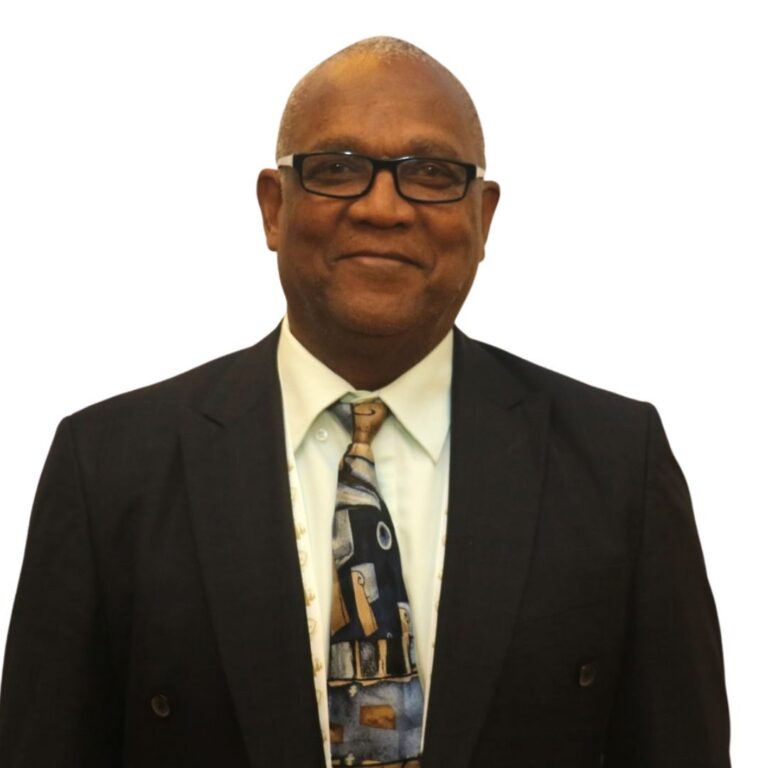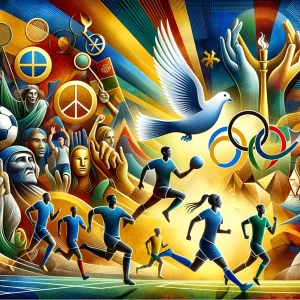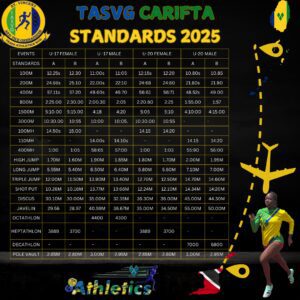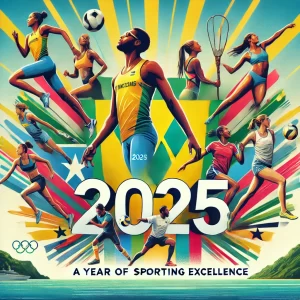General
This category contains posts with content that doesn’t fit into the categories or can be termed as general information.
Explore the transformative initiatives underway in Vincentian sports associations, revealing a commitment beyond the playing field. From a quiet revolution in table tennis to strategic moves in sailing, swimming, and athletics, discover how these programs are shaping the nation’s sporting landscape. Uncover the untold stories of dedication, development pathways, and the impact of safeguarding measures. This is a glimpse into a concerted effort to not just win medals but to build character and discipline, echoing Mandela’s belief in the transformative power of sports.
Recently elected NACAC Athletics Council member, Edith Skippings, of the Turks and Caicos Islands, was…
Explore the critical response to the notion of “one country, one vote” in international sports governance. This article addresses the issues of democracy, discrimination, and the power dynamics in the global sports movement, especially regarding small nations and emerging countries. It highlights the need to reject archaic thinking and champion social justice in sports leadership.
The Caribbean Association of National Olympic Committees (CANOC), a regional sports organization, took a significant step toward fostering unity in the Caribbean region at its XXI General Assembly. This commitment was evident through various initiatives and partnerships formed during the assembly, including efforts to combat climate change, address social justice in sports, and emphasize human rights within the realm of sports. Furthermore, a strategic cooperation agreement was signed with the University of the West Indies (UWI), promising extensive collaborative opportunities in the world of sports. This assembly left participants motivated to use the power of sports for Caribbean solidarity and unity, thereby weaving a vibrant tapestry of Caribbean identity.

